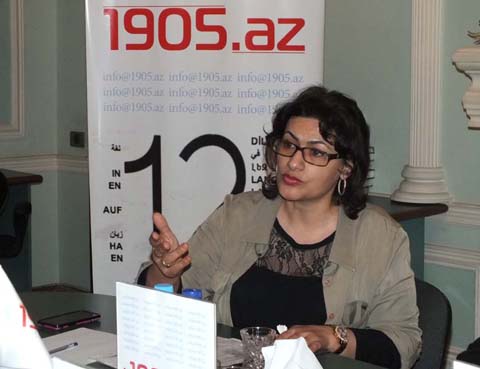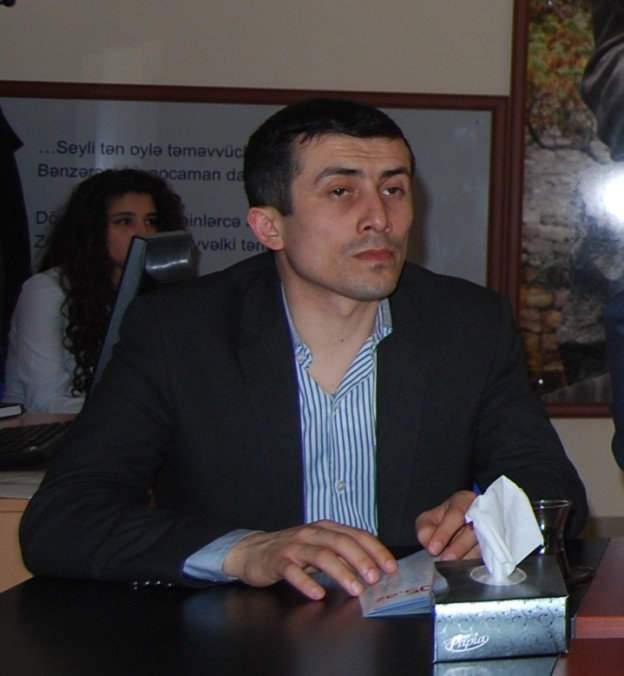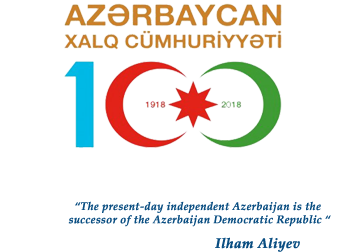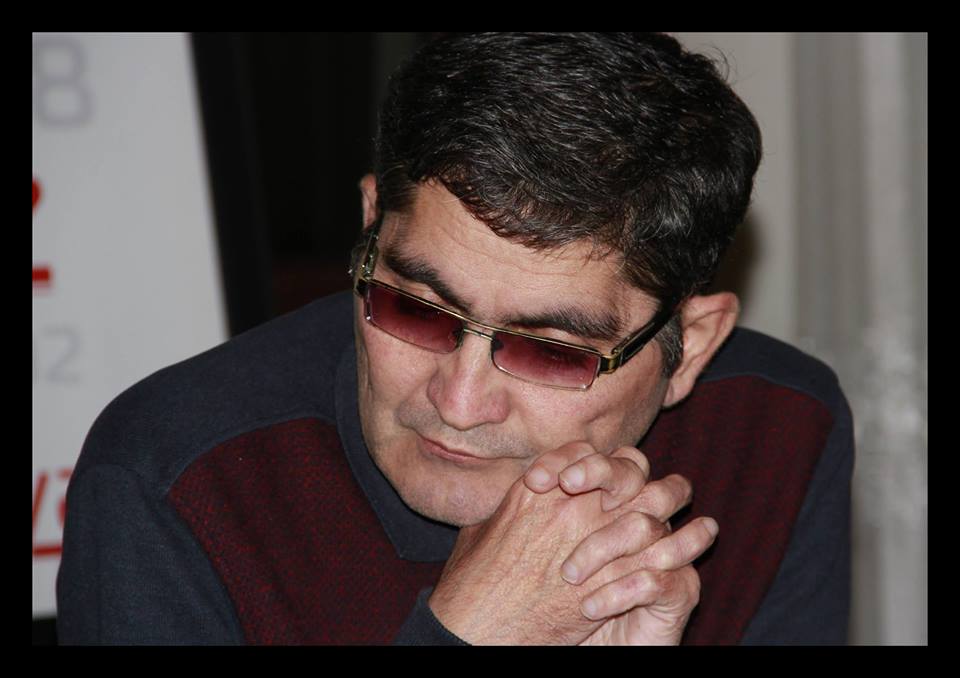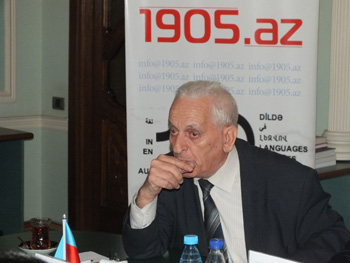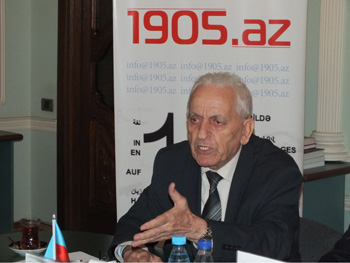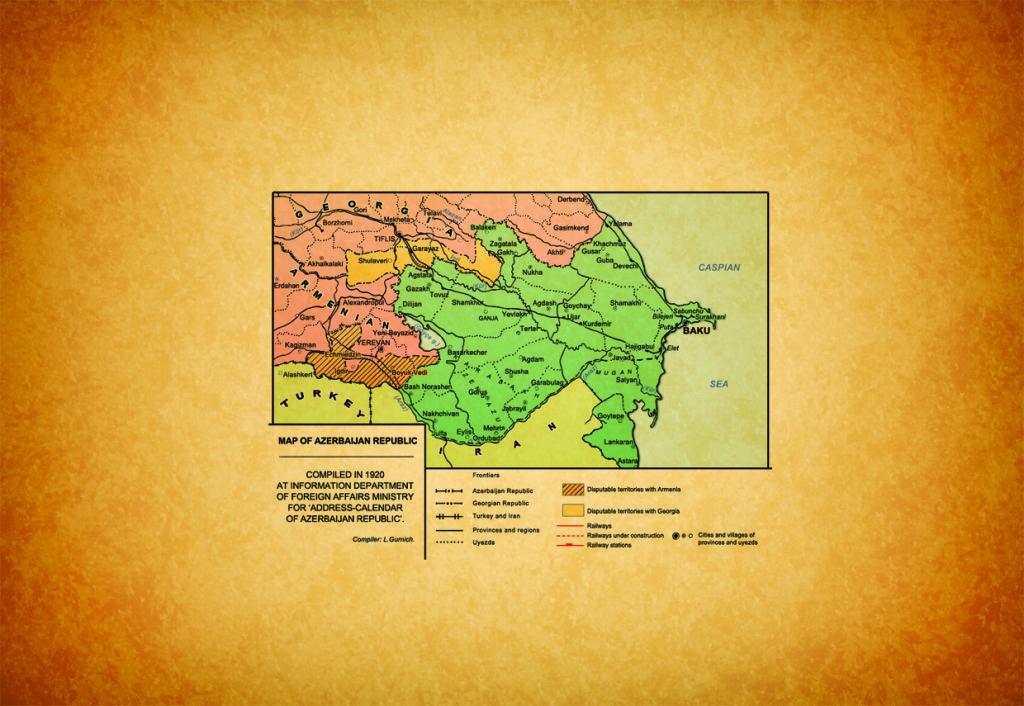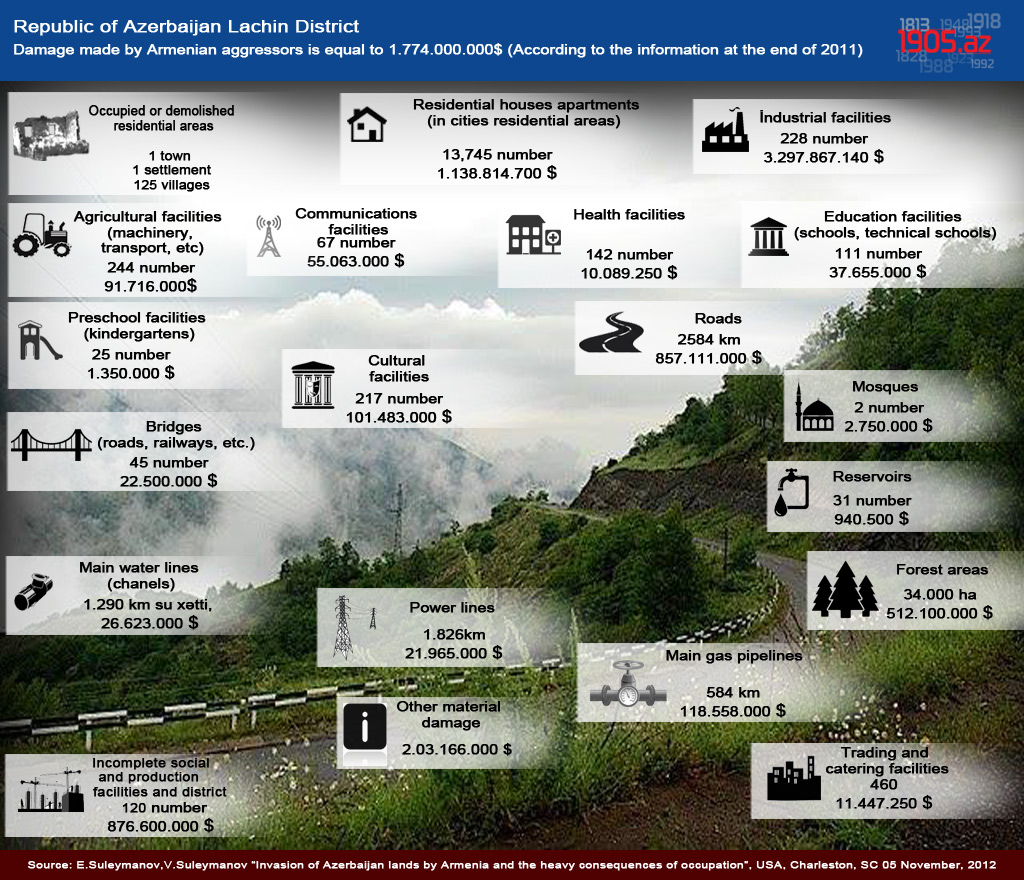A book written by Mark Bliev, called “South Ossetia: The collusion in relationships between Russia and Georgia” was published in 2013 in Moscow with 1000 editions. Mark Bliev who was awarded with the Medal of Honor, is a PhD in historical sciences and head of chair in North Ossetian State University.
This book is about the historical roots of the Georgian-Ossetian conflict whilst the author keeps an Ossetian position toward the events happened. First of all he brings the present day territorial administrative structure of the Georgian state into question and presents the idea of adding the lands such as Abkhazia, Ossetia, Adjara to Georgia with the help of Bolsheviks like Stalin and Orconekidze. Author widely explains the historical processes that led to the formation of modern Gerogian state. He also notes that Georgia should be gratefull to the Tsarist Russia, since before its occupation of Caucasus the western Georgia was under the controll of the Ottoman Empire and the eastern Georgia under Iran, only after the occupations Georgia could be a unified state. He writes that Russia did not seek any colonial interest during the compaigns in Caucasus but did a mistake by “being very kind to the Georgians”. Besides that, author, without presenting any fact claims that Ottomans and Kizilbashes had periodically commited genocides against the Georgians and Russia saved the Georgians, begging for salvation from inevitable elimination.
Bliev notes that, the roots of the conflicts dates back to the mid XIX century, when the ruling of Ossetian villages was given to Georgians which by the way helped the Russians with the occupation of Caucasus. According to the author, as a result, starting from that moment the number of Ossetians living in Ossetia has been witnessing a continues decline. According to the statistics that he provides, despite of 150000 Ossetians living in the region during the 1860s, this number decreased to 107000 in 1930 and to 96000 in 1989.
The conlusion that can be drawn of the notes is that, after the collapse of the Tsarist Russia there has been a strong resistance of North Ossetia against the Georgian Goverment and the goverment was not recognized. According to Bliev, the obedience of the Ossetians was ensured due to the will of the Bolsheviks to satisfy the Georgian nationalists and by efforts of the strong Georgian leaders such as Stalin and Beriya. Bliev writes about the services that Stalin made for Georgia, including the deportaion of the population of the Ossetian villages to the Chechen-Ingush Republıc so that the main military road would be inside the Georgian territory.
He describes Ossetia as a colony of Georgia and as a proof points the prohibition of the Ossetian language in education and the occupation of the top administrative posts by non-Ossetians.
In this book, where the Georgian-Ossetian conflict until 1992 is reviewed, the policies cunducted by Gamasakhurdia against Ossetia is described as fascistic. The author evaluates the elections to the Supreme Soviet of Ossetia taken place on the 9th December 1990 as the logical outcome in the way of Ossetians determining their own fate. At the end Bliev notes that, the following Sochi agreement made on the 24th December, 1992 Russia acts as a guarantor for the existence of South Ossetia.
One of the interesting details of the book is that, the author (due to the known reasons) does not elaborate on the reasons behind the Tsarist Russia’s policies based on sawing discord between the Caucasian nations and giving the administration of a region mostly populated by one ethnic to other rival ethnic group. He does not lie that much time to descriptions as he did with other facts but tries to explain it with very simple reasons such as the bad-sketched and wrong plans of less important Tsarist officials. We can see the same pattern, when it comes to ethnic policies conducted by the Bolsheviks. Another curios detail is the invisibility of Russia’s participation in the North Ossetia conflict. The most substantial thing that minimize the academic value of the book (with exception a few military statements) is the lack of position and arguments of the official Tbilisi concerning the conflict.



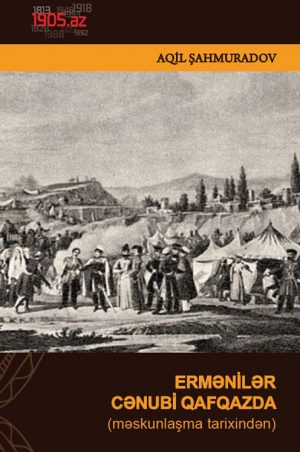





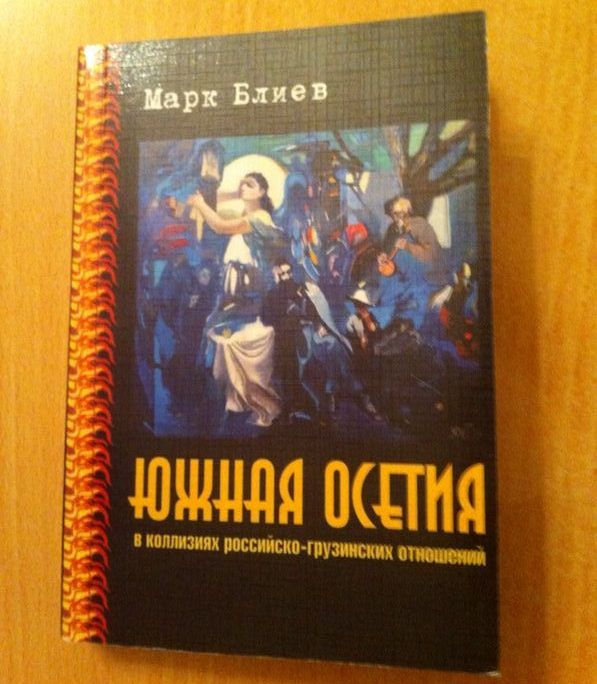
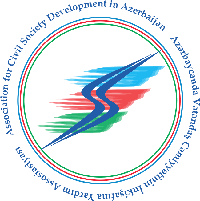
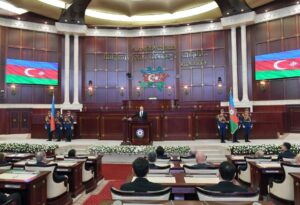 Inauguration ceremony of President of Azerbaijan Ilham Aliyev was held
Inauguration ceremony of President of Azerbaijan Ilham Aliyev was held Ilham Aliyev wins presidential election with 92.05 percent of votes VIDEO
Ilham Aliyev wins presidential election with 92.05 percent of votes VIDEO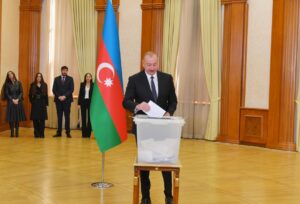 President Ilham Aliyev, First Lady Mehriban Aliyeva and family members voted in Khankendi VIDEO
President Ilham Aliyev, First Lady Mehriban Aliyeva and family members voted in Khankendi VIDEO Plenary session of 6th Summit of Conference on Interaction and Confidence Building Measures in Asia gets underway in Astana. President Ilham Aliyev attends the plenary session VIDEO
Plenary session of 6th Summit of Conference on Interaction and Confidence Building Measures in Asia gets underway in Astana. President Ilham Aliyev attends the plenary session VIDEO President Ilham Aliyev was interviewed by Azerbaijani TV channels in Prague VIDEO
President Ilham Aliyev was interviewed by Azerbaijani TV channels in Prague VIDEO



